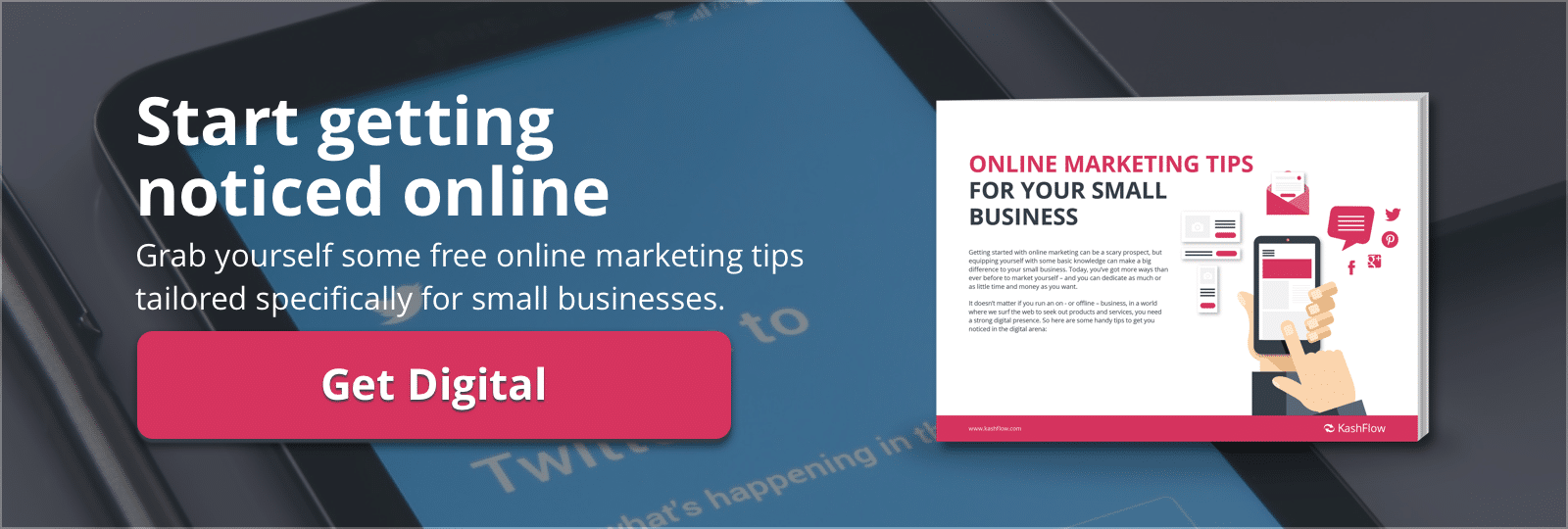How to prevent non-payments from occurring
Unpaid invoices are more of a problem than many people realise. If unchecked, these can lead to financial loss, redundancies, or even bankruptcy. To discuss the issue, Liz Parsons – working with World First – looks into how to prevent these from ever occurring.
 It may be a key part of the business agreement, yet getting paid can frequently cause the most headaches for businesses. Latest statistics show that UK businesses have a massive £263 billion owed to them in unpaid debts. UK companies also boast less than the best reputation for paying on time, with only 25.1% of invoices being paid in the agreed time frame.
It may be a key part of the business agreement, yet getting paid can frequently cause the most headaches for businesses. Latest statistics show that UK businesses have a massive £263 billion owed to them in unpaid debts. UK companies also boast less than the best reputation for paying on time, with only 25.1% of invoices being paid in the agreed time frame.
Meanwhile, chasing payments can take up valuable time for your own business, which in itself then costs you more money. Some directors report just writing off invoices because they cannot get them settled and eventually accept that payment won’t be made.
When your business has provided a service or product, it seems obvious that you should expect to be paid for it. Here, we outline some of the ways in which you can protect your business and try to prevent non-payments from occurring.
Research the client
This will be industry-specific, but if it’s possible to do so, research the client before agreeing to undertake the work. Do they have a good reputation or are other companies wary of working with them?
What is their payment process like; do they have a dedicated accounts department or is it ad-hoc? Although no business wants to turn down a work opportunity, if you think that there is a chance of it leading to non-payment then consider if it’s worth the risk.
Be clear in your expectations and outline late payment penalties
When setting out a service level agreement or contract, be sure to make payment terms a key feature. Be clear from the outset what the consequence of non-payment would be, such as additional interest being added on.
Discussing payment terms from the outset demonstrates that your company is one who will not tolerate late or non-payment. Furthermore, you could consider offering an early payment discount. While this will mean accepting a little less money, it can help to encourage companies to make payment within the required time.
Be prepared for late or non-payments
Sadly, no matter what you do you will find that payments will be late on occasion. You can put some steps in place to protect your own business and ensure the disruption you experience as a result of this is kept to a minimum.
Ideally, you should be keeping some reserves in your company account to help you weather any storm that might arise from late payments. It’s suggested you aim to have enough money to cover a predicted three months’ worth of expenses – which includes all wages, bills and product or service costs.
Protect yourself
Have a comprehensive insurance policy in place which protects your business from late payments and offers cover if you need to pay bills yourself.
Get clued up
Make sure you feel confident going into any conversations about late payments by getting a good grasp of the legalities. It pays to fully understand legislation such as the Late Payment Act.
Cease work until payment is made
When you work for clients on a monthly basis, it’s easy to get into a situation where a number of monthly invoices are outstanding. Be firm and do no further work for a client until you receive payment – that way you are making clear that yours is a company that won’t be taken for a ride. Plus, if your service is vital to them, your withholding of work may be enough to encourage a quick payment.
Take action
Finally, if payment is still not forthcoming, you can liaise with third parties like the Debt Collection Agency, who can help you to enforce payment. Of course, taking a step like this is likely to sever your working relationship with this client.
However, as a business looking to move forward you don’t want clients who don’t value your worth and pay you accordingly. Stand up for yourself and earn what is rightfully yours.
No head for numbers? No problem. KashFlow’s small business bookkeeping software is designed to keep books simple for sole traders and small businesses. Work from anywhere and keep your accounts under your control with our no-nonsense, cloud-based software. Start a free trial today, or request a free demo on 0344 815 5779.

